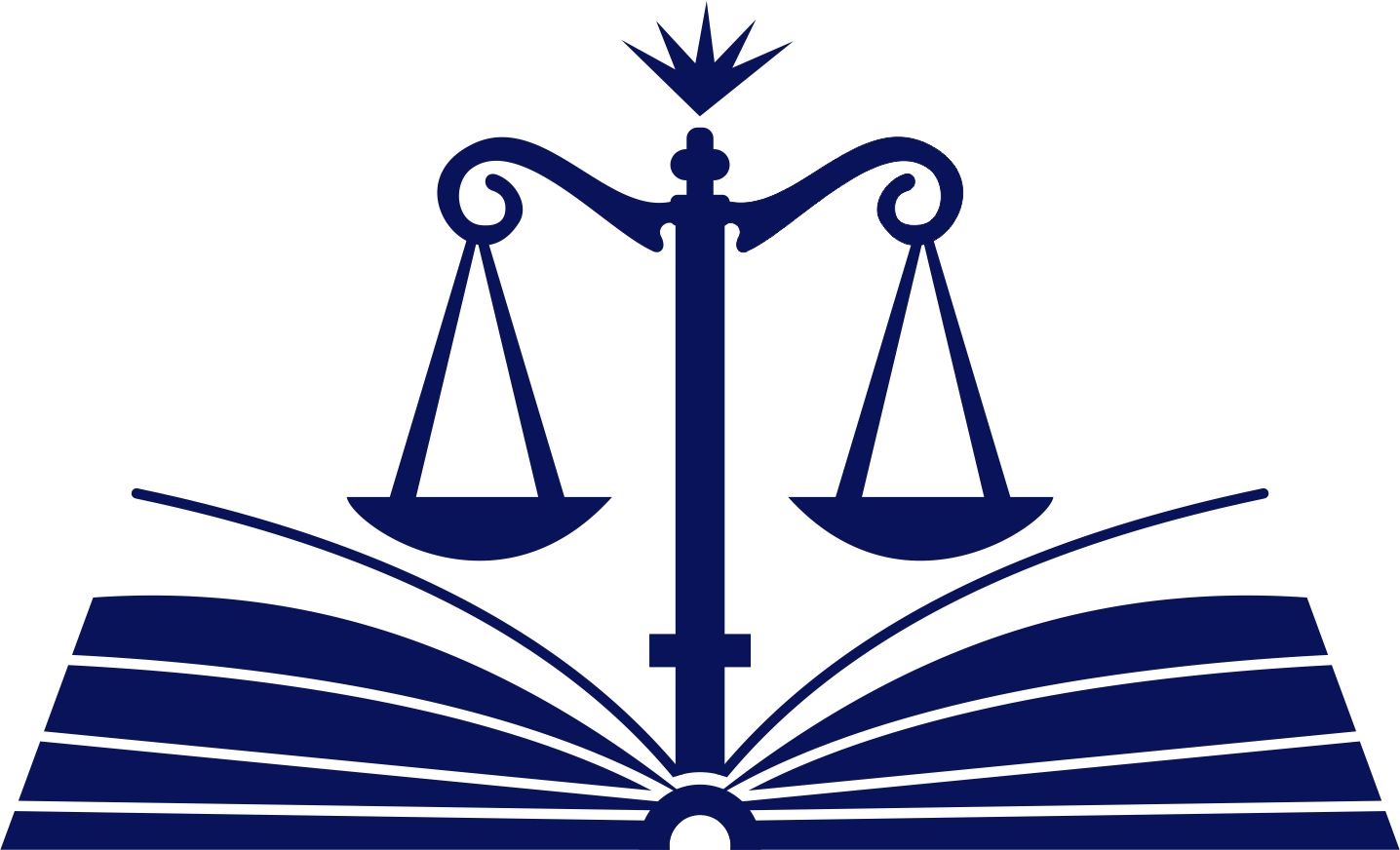Department of Forensic Microbiology
The Department of Forensic Microbiology at Saveetha School of Law is a pioneering institution dedicated to the study, research, and practice of forensic microbiology and its profound relevance in legal studies. Forensic microbiology involves the application of microbiological techniques and principles to legal investigations, particularly in cases involving microbial evidence such as bacteria, viruses, fungi, and other microorganisms. The department offers a comprehensive curriculum that equips students with the knowledge, skills, and techniques needed to apply forensic microbiology in legal contexts.
Forensic microbiology holds significant relevance in legal studies for several reasons:
Crime Scene Investigation: Microorganisms can serve as valuable evidence in criminal investigations, particularly in cases involving biological materials such as blood, saliva, semen, and other bodily fluids. Forensic microbiologists analyze microbial DNA and other genetic markers to identify individuals, link suspects to crime scenes, and establish timelines of events. This information is crucial for solving crimes and securing convictions in court.
Infectious Disease Investigations: Forensic microbiology plays a critical role in investigating outbreaks of infectious diseases and identifying the source of contamination. Forensic microbiologists work alongside public health authorities and law enforcement agencies to trace the spread of pathogens, analyze microbial samples, and determine the cause of outbreaks. Their findings inform public health policies, regulatory measures, and legal actions aimed at preventing future outbreaks and protecting public safety.
Food Safety and Contamination: Microbial contamination of food and beverages can pose serious health risks and lead to legal liabilities for food producers, distributors, and retailers. Forensic microbiologists use microbiological techniques to detect and identify pathogens, toxins, and other contaminants in food products. Their analyses provide critical evidence in cases of foodborne illness outbreaks, product recalls, and food safety violations, supporting legal actions and regulatory enforcement efforts.
Environmental Pollution and Biosecurity: Microorganisms can also be used as indicators of environmental pollution and bioterrorism threats. Forensic microbiologists analyze microbial communities in soil, water, and air samples to assess environmental quality, detect pollution sources, and identify potential biosecurity risks. Their findings inform legal proceedings, regulatory interventions, and remediation efforts aimed at protecting public health and the environment.
Expert Testimony: Forensic microbiologists often serve as expert witnesses in legal proceedings, providing testimony based on their analysis of microbial evidence and forensic findings. Their expertise is crucial for helping judges and juries understand complex scientific principles, interpreting forensic microbiological evidence, and reaching informed decisions in legal cases.
The Department of Forensic Microbiology at Saveetha School of Law prepares students to navigate the intersection of microbiology and law through a combination of theoretical instruction, practical training, and experiential learning opportunities. Students learn about the principles and techniques of forensic microbiology, including microbial identification, DNA analysis, bioinformatics, and biosecurity protocols. They also develop skills in evidence collection, analysis, interpretation, and presentation, preparing them for careers in forensic science, public health, law enforcement, and legal practice.
The Department of Forensic Microbiology at Saveetha School of Law plays a crucial role in advancing the field of forensic science and its applications in legal studies. By providing students with interdisciplinary knowledge, practical skills, and ethical awareness, the department empowers them to contribute to the administration of justice, public safety, and the protection of human health and the environment. Through its commitment to excellence in education, research, and practice, the department prepares students to address the complex challenges and opportunities at the intersection of microbiology and law.
